
Kód: 02557857
Hindu Theology in Early Modern South Asia
Autor Kiyokazu Okita
Focusing on the idea of genealogical affiliation (sampradaya), Kiyokazu Okita explores the interactions between the royal power and the priestly authority in eighteenth-century north India. He examines how the religious policies o ... celý popis
- Jazyk:
 Angličtina
Angličtina - Vazba: Pevná
- Počet stran: 302
Nakladatelství: Oxford University Press, 2014
- Více informací o knize

4451 Kč
Dostupnost:
50 % šance Máme informaci, že by titul mohl být dostupný. Na základě vaší objednávky se ho pokusíme do 6 týdnů zajistit.
Máme informaci, že by titul mohl být dostupný. Na základě vaší objednávky se ho pokusíme do 6 týdnů zajistit.Prohledáme celý svět
Mohlo by se vám také líbit
Darujte tuto knihu ještě dnes
- Objednejte knihu a zvolte Zaslat jako dárek.
- Obratem obdržíte darovací poukaz na knihu, který můžete ihned předat obdarovanému.
- Knihu zašleme na adresu obdarovaného, o nic se nestaráte.
Informovat o naskladnění knihy
Zadejte do formuláře e-mailovou adresu a jakmile knihu naskladníme, zašleme vám o tom zprávu. Pohlídáme vše za vás.
Více informací o knize Hindu Theology in Early Modern South Asia
Nákupem získáte 445 bodů
 Anotace knihy
Anotace knihy
Focusing on the idea of genealogical affiliation (sampradaya), Kiyokazu Okita explores the interactions between the royal power and the priestly authority in eighteenth-century north India. He examines how the religious policies of Jaisingh II (1688-1743) of Jaipur influenced the self-representation of Gaudiya Vaisnavism, as articulated by Baladeva Vidyabhusana (ca. 1700-1793). Gaudiya Vaisnavism centred around God Krsna was inaugurated by Caitanya (1486-1533) and quickly became one of the most influential Hindu devotional movements in early modern South Asia. In the increasingly volatile late Mughal period, Jaisingh II tried to establish the legitimacy of his kingship by resorting to a moral discourse. As part of this discourse, he demanded that religious traditions in his kingdom conform to what he conceived of as Brahmanicaly normative. In this context the Gaudiya school was forced to deal with their lack of clear genealogical affiliation, lack of an independent commentary on the Brahmasutras, and their worship of Goddess Radha and Krsna, who, according to the Gaudiyas, were not married. Based on a study of Baladeva's Brahmasutra commentary, Kiyokazu Okita analyses how the Gaudiyas responded to the king's demand.
 Parametry knihy
Parametry knihy
Zařazení knihy Knihy v angličtině Humanities Religion & beliefs Religion: general
4451 Kč
- Plný název: Hindu Theology in Early Modern South Asia
- Autor: Kiyokazu Okita
- Jazyk:
 Angličtina
Angličtina - Vazba: Pevná
- Počet stran: 302
- EAN: 9780198709268
- ISBN: 0198709269
- ID: 02557857
- Nakladatelství: Oxford University Press
- Hmotnost: 608 g
- Rozměry: 241 × 157 × 22 mm
- Datum vydání: 31. July 2014
Oblíbené z jiného soudku
-

As a Man Thinketh
180 Kč -

The Perennial Philosophy
350 Kč -

American Cosmic
543 Kč -

Sacred and the Profane
350 Kč -

Anarchy Evolution
357 Kč -

Good Morning, Holy Spirit
410 Kč -

Personal Identity and Applied Ethics
1430 Kč -
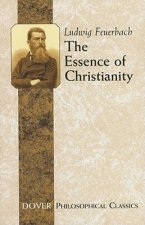
Essence of Christianity
300 Kč -

Mushroom Wisdom
457 Kč -

God And The Afterlife
390 Kč -

Apologies of Justin Martyr
554 Kč -

The Righteous Mind
357 Kč -

The Psychology of Selling
382 Kč -

Screwtape Letters
276 Kč -

Return of the God Hypothesis
594 Kč -

Conversations With God
316 Kč -

Scientific Healing Affirmations
173 Kč -

The Greatest Salesman in the World
206 Kč -

Waking Up
306 Kč -
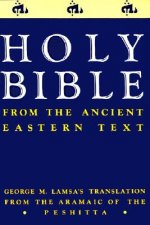
Holy Bible
909 Kč -

The Happiness Hypothesis: Finding Modern Truth in Ancient Wisdom
392 Kč -

End of Faith
265 Kč -

Illustrated Picatrix: the Complete Occult Classic of Astrological Magic
1486 Kč -

God's Undertaker
303 Kč -

Koran
515 Kč -

You Are the Universe
383 Kč -

Secular Age
614 Kč -

Princess Majestic Bible Tabs
166 Kč -
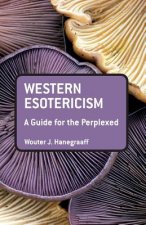
Western Esotericism: A Guide for the Perplexed
860 Kč -
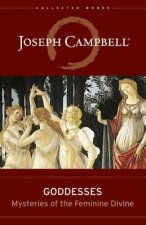
Goddesses
571 Kč -

History of Christianity
514 Kč -

Nature of the Psyche
443 Kč -

Heaven is So Real
315 Kč -

Religions Book
545 Kč -
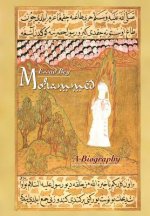
Mohammed
536 Kč -

God-Shaped Brain
401 Kč -

Breaking the Spell
358 Kč -
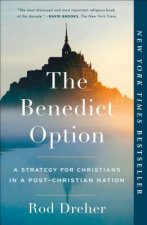
Benedict Option
383 Kč -

Delomelanicon
901 Kč -

Varieties of Scientific Experience
500 Kč -

Varieties of Religious Experience
338 Kč -
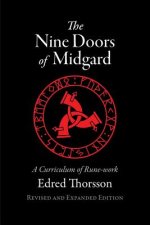
Nine Doors of Midgard
613 Kč -

Devil's Delusion
503 Kč -

Experience of God
444 Kč -

Sekhem Apep
593 Kč -
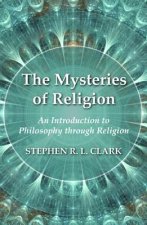
Mysteries of Religion
877 Kč -

ADAMU - Luciferian Tantra and Sex Magick
492 Kč -

Kahuna Magic
275 Kč -

Perfect Heresy
330 Kč
Osobní odběr Praha, Brno a 12903 dalších
Copyright ©2008-24 nejlevnejsi-knihy.cz Všechna práva vyhrazenaSoukromíCookies


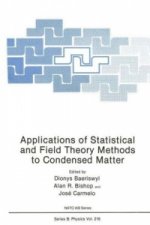
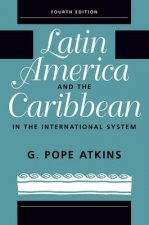



 Vrácení do měsíce
Vrácení do měsíce 571 999 099 (8-15.30h)
571 999 099 (8-15.30h)